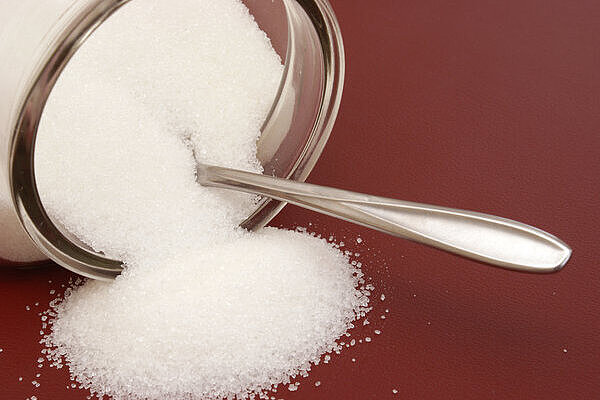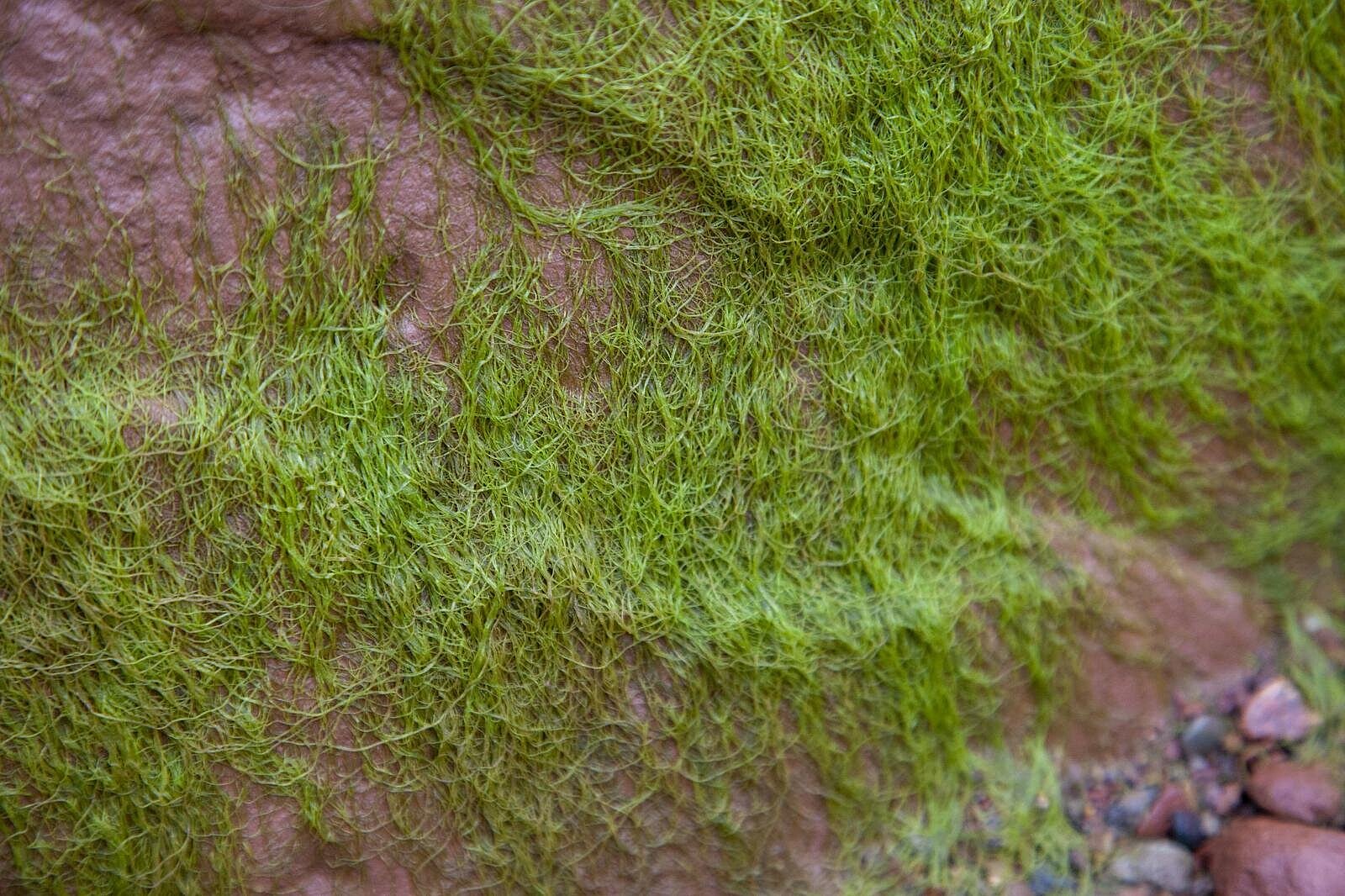Maltitol

In the world of dog nutrition, the ingredients are as varied as the breeds themselves. From traditional meats to modern, plant-based alternatives, dog owners are constantly searching for the best options for their four-legged friends. One ingredient that has recently attracted attention is maltitol. But what exactly is maltitol and how does it affect your dog's health? In this article, we'll take a closer look at maltitol, highlight its pros and cons and help you decide if it's a good choice for your dog's diet.
What is maltitol?
Maltitol belongs to the family of sugar alcohols (polyols), which are often used as sugar alternatives in the food industry. They offer the sweetness of sugar, but have fewer calories and do not cause a rapid rise in blood sugar levels. Maltitol is mainly derived from starch and is found in various sugar-free products, including some pet foods. It is known for its sweet taste, which is very similar to that of conventional sugar, but with the significant advantage that it is tooth-friendly and does not cause indigestion in moderate amounts.
Advantages of maltitol in dog nutrition
Tooth-friendly sweetness
One of the main benefits of maltitol is its ability to prevent tooth decay. Unlike conventional sugar, maltitol does not promote the formation of tooth decay, making it an excellent choice for making sugar-free treats and dental care products for dogs.
Reduced risk of diabetes
Because maltitol does not affect blood sugar levels as much as conventional sugar, its use in dog nutrition can help minimize the risk of diabetes. This is particularly important for dogs that are prone to obesity or already suffer from diabetes.
Calorie reduction
Maltitol contains fewer calories than conventional sugar, making it a good option for calorie-restricted diets. For dogs that need to watch their weight, using maltitol in treats can be a way to give them a sweet reward without adding excess calories.
Disadvantages and risks
Indigestion
Although maltitol is generally considered safe for dogs, high amounts can cause digestive problems such as bloating, diarrhea or cramping. This is due to the dog's inability to fully digest sugar alcohols.
Possible toxicity
It is important to note that not all sugar alcohols are the same. Xylitol, another sugar alcohol, is highly toxic to dogs. Although maltitol does not have the same toxicity, it is crucial to pay attention to the specific type of sugar alcohol in dog products.
Nutrient deficiency
Using maltitol instead of more nutritious ingredients can make your dog's diet less nutritious. A balanced diet rich in vitamins, minerals and protein should always take priority.
Maltitol offers an interesting way to sweeten your dog's diet without the negative effects of traditional sugar. While there are some notable benefits, such as the prevention of tooth decay and a lower risk of diabetes, it's important to consider the potential downsides. Moderation is key - as with all supplements in your dog's diet, maltitol should be used sparingly to avoid indigestion and ensure your dog is getting a balanced diet.
If you notice any signs of hypersensitivity or poisoning in your dog, you should see your vet immediately. We are not a substitute for a vet, but we try to be as accurate as possible. Every dog reacts differently and we recommend you get a second opinion or consult your vet if in doubt.
Stay healthy and take good care of your four-legged friend!😊
Similar to Maltitol
Sorbitol is a type of sugar alcohol that is chemically similar to glucose but contains an extra hydrogen atom. Sorbitol is about 60% as sweet as sugar and has more than half the calories of normal...
Xylitol is safe for humans, but it can be life-threatening for dogs. Why is this the case and what should you do if your dog has eaten xylitol? In dogs, xylitol causes a strong release of insulin...
Erythritol is a sugar alcohol that is also known as E968. It occurs naturally in some fruits, mushrooms and cheeses. It has about 70% of the sweetening power of sugar, but only 6% of the calories....
Mannitol is a so-called polyol, i.e. a polyhydric alcohol. It occurs naturally in some plants, such as algae, mushrooms or larch. However, it can also be produced artificially, for example from corn...



